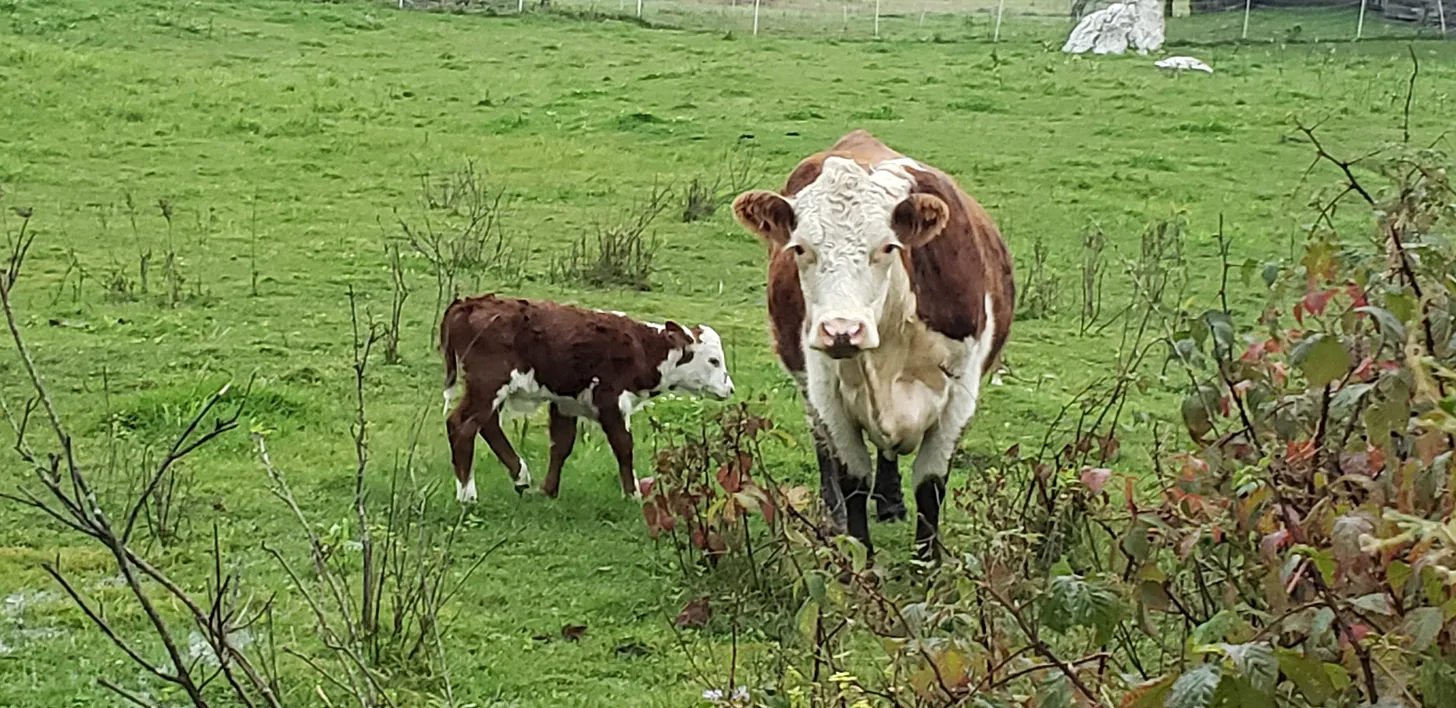Novel scientific processes are being developed to reduce methane production by cows, including feeding milk cows the chemical 3-nitrooxypropanol (3-NOP) as an “enteric inhibitor,” marketed under the brand name BovaerⓇ in Europe and pending approval for cows in the U.S. Other experimental additives include red seaweed (being fed to cows for Ben & Jerry’s Ice Cream).
BovaerⓇ is touted as reducing methane emissions from dairy cows by as much as 30%, but its long-term impacts on human health are unclear. Will people drink milk from chemical-dosed cows to save the planet from methane?
This methane-reducing chemical was approved for use in Europe by the European Food Safety Authority’s Panel on Additives and Products or Substances used in Animal Feed (FEEDAP). FEEDAP concluded that 3-NOP was safe for cows even though “the genotoxicity potential of 3-NOP cannot be ruled out.” Though rats were used to assess impacts on humans, the panel dismissed evidence of potential impact on male reproductivity:
The FEEDAP Panel noted that the severe effects seen on testes and epididymides, affecting spermatogenesis, were observed in rats only.… [T]he testicular toxicity induced by administration of 3-NOP is rat specific. The FEEDAP Panel agreed with this conclusion.… [T]he use of Bovaer® 10 in animal nutrition under the conditions of use proposed was of no concern for consumer safety and for the environment.
There have been numerous food additives approved for human consumption for which there was no concern for human safety, and subsequently proved to be unhealthy. High-fructose corn syrup and hydrogenated fat saturate the American food supply with no apparent concern for human safety. Glyphosate has been banned in many parts of the world, but is hailed as harmless by the U.S.’s EPA and FDA.
Adding chemicals that are eye and skin irritants (like 3-NOP) to cow feed, to make human food, to reduce methane production seems sketchy: corporations generally only develop additives that bolster profits. The profit pitch may be that consumers will buy the environmentally friendly reduced-methane milk. But findings like this from FEEDAP may offer cause to pause:
The FEEDAP Panel notes that the genotoxicity of 3-NOP cannot be ruled out and that pre-neoplastic lesions and tumours [sic] observed in the 2-year carcinogenicity study with 3-NOP are biologically relevant. However, the consumer is not exposed to 3-NOP. Therefore, the above findings are not considered relevant for the safety for the consumer.
